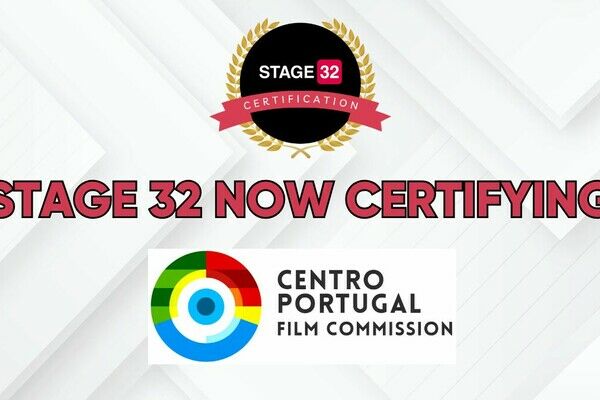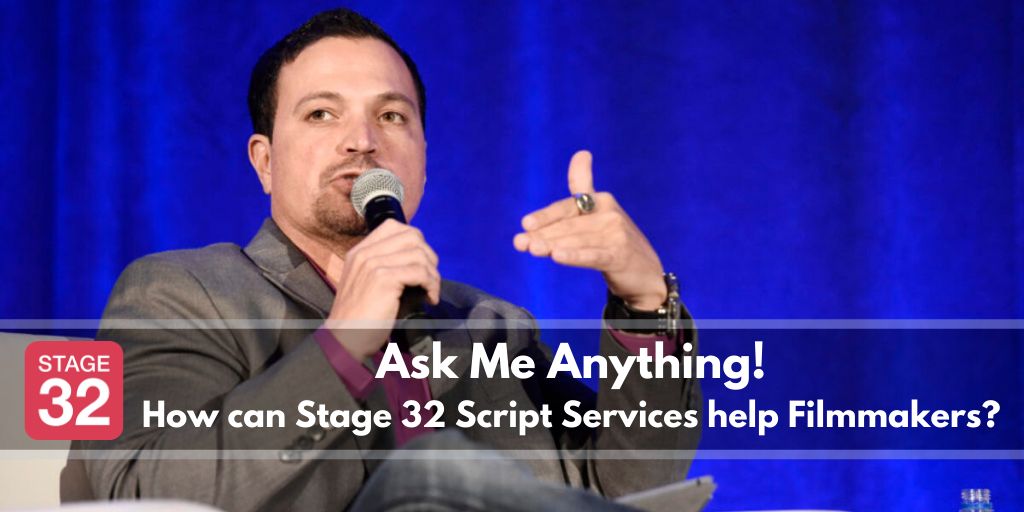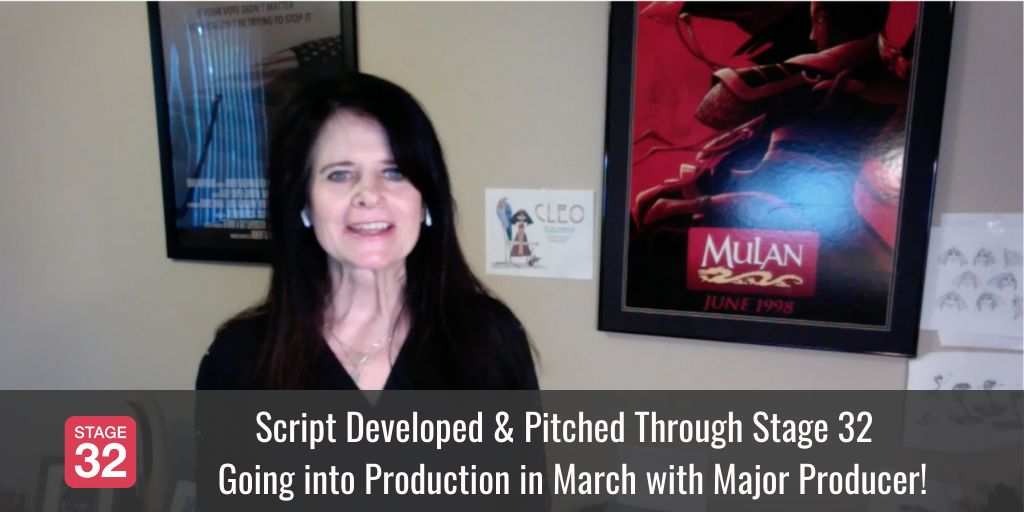Why Every Filmmaker Should Do A 48 Hour Film Project
Seven years ago, the 48 Hour Film Project first crossed my radar. A friend told me about it and I thought the idea of making a movie in 48 hours was crazy.
Five films later, I still think it’s crazy - but that’s not the point.
What Is The 48 Hour Film Project?
As stated above, the 48 Hour Film Project is an event where filmmakers make a film from start to finish in 48 hours. Different cities do them different weekends, so sometimes teams participate in several a year. There are also now genre-specific events (and I’ve participated in a horror one in October before).
Since the festival began in 2001, over 50,000 films have been made.
The Project’s goal is to advance filmmaking and promote filmmakers. I’ll discuss some of the ways I think they succeed later in this post.

Here’s how it goes. In 48 hours, you write, film, and edit a seven-minute-long film. In the days and weeks leading up to the event, teams assemble and figure out who will be doing what (acting, directing, writing, producing, light and sound - you get the idea), but they cannot get started on their films until after the opening meeting.
Why’s that?
Well first off, it’s against the rules.
But, in that opening meeting, you are giving important pieces to your film. You are given your genre, and you’re also given three elements that you must include: a character and their occupation, a line of dialogue, and a prop.
The film festival helps filmmakers reach outside their comfort zone because you don’t pick your genre. It is literally the luck of the draw. Every time I’m in that opening meeting, I’m keeping a tally of what genres have been picked. I’m praying someone else draws musical (though, they have cut it out in recent years. According to their site it is not on the list of genres for 2020).
One of my first times doing the 48 Hour Film Project, I went to the meeting with my team. Since I was so new to the process, I didn’t know what to expect. When my friend drew the genres out of the hat, his face fell.
When he announced we’d drawn the dreaded musical genre, our hearts sank. How on Earth were we going to do a musical in 48 hours?
Even though we tend to refer to it as “The Musical That Shall Not Be Named” these days, I do look at those two days with fondness. When you are put under a trial by fire, going so far outside your comfort zone, you learn a lot about yourself as a filmmaker and it pushes you to try things you never would.

And when you succeed? When that impossible project is shown at the screenings a couple of weeks later?
The 48 Hour Film Project is a rush.
And it’s an absolute blast.
And every filmmaker should do it.
Why Should You Should Do a 48 Film Festival
My friend, Sam Housman has been the head of This is a Film About Something Productions for several years now. He’s the one who got me started on doing 48 Hour Film Projects so I went to him and asked him that exact question. “Why?”
“I wanted to start doing it to have a chance to get better at my craft and hang out with some great people. It also gave us an excuse to make a film in a weekend.”
Personally, I started doing them because I wanted more experience in making films. I was just getting into screenwriting and wanted a chance to see the other aspects and maybe write some myself.
Let’s ask another why question. Why do I believe that every filmmaker should do at least one 48 Hour Film Project?
1. 48 Hour Film Projects Teaches You Timing
You do not realize just how short a time 48 hours is - not until you’re trying to make a film in that time. You have to do the entire process from start to finish and you do not have a second to waste. You have maybe 3-4 hours to write a script, rewrite, and edit before distributing it to the actors. By then, you’re approached 10-12 that night and your Saturday morning call time might be as early as 5-7 A.M. While the writers and director are holed away, others are calling potential locations, coming up with costume concepts, and making a list of props.
You film all day Saturday and have to make sure your crew knows where and when you’re going to start at the next location. By the time you finish, it’s late Saturday (and some teams film into Sunday itself) and then the rush to do the entirety of post-production begins.
Oh, and did I mention the part where you can’t just submit it online, you have to physically turn it in? Because you do, and there’s a hard deadline.
Large scale productions take days, weeks, and months to do what filmmakers do in 48 hours here. By pushing yourself through the gauntlet of the 48 hour film project, it can help you learn how to best optimize your time.

For example, there was a time where we needed a location and when we arrived, it didn’t work. The problem was, we’d gone out into the middle of nowhere and wasted about an hour to do it. We found a location nearby but we could’ve lost even more time than we already had (and there was no signal out there, either).
Since then, an unofficial rule for our time has been “do not leave the city limits.”
For me, I feel that moving from location to location is one of the most time-consuming parts of the process. We move, we set up, we do run-throughs, we run the scene and get all the shots, then we pack up and have to do it again and again.
Often, I wear the Producer’s hat when I work on these films and it ends up being my job to make sure that our production is running as smoothly as possible. It’s taught me to partner with the director to make sure he gets what he needs to make sure we get everything done in time.
I’m hoping that I can use what I’ve learned in future productions.
2. 48 Hour Film Projects Give You Perspective
I’ve done a variety of jobs over the course of five films. I’ve acted, I’ve produced, I’ve written, I’ve edited, I’ve helped be the prop department, I’ve made sure that everyone gets the memo as to where we’re going next.
Most teams are less than 10 people. I’ve seen some have as many as 15-20, but often it's a small group. When it comes to making a film in 48 hours, everyone does a bit of everything. And everyone involved has to do their assigned jobs.
Sometimes, when you get into the groove of doing one job on a larger production, your forget just how many things have to run smoothly to get a film done. By doing something outside your comfort zone during a 48 Hour Film Project, you learn a lot about filmmaking and about yourself.
Remember my story from earlier about doing a musical? If I hadn’t been a part of that team, I would have never had the chance to be a part of a group that pushed themselves to do something they didn’t know they could do. We jokingly still at times go “Well, we did a musical - we can handle anything.”

3. 48 Hour Film Projects Give You Experience
There are few things more valuable than getting hands-on experience. That’s the primary reason I started doing 48 Hour Films with Sam and his team. I wanted to learn more about the craft of filmmaking.
Since then, I’ve done a handful of films. I’ve tried doing things that I maybe wouldn’t have gotten to try otherwise.
I’ve learned so much doing them and can’t wait to do the next one because each genre, each film brings new lessons and I get the chance to try something new.
In a world where experience is invaluable, there are few opportunities like doing a 48 Hour Film. You don’t need a large team. You don’t need all the bells and whistles. You can do it with a few people and a camera.
And if it’s not the quality you want, you take what you learned and try again. You can, and will, hone your technique.
At the end of the day, it comes down to this. Why do you want to make films? I want to work with television because it’s something I’m passionate about.
And while I work on getting there, I plan to continue to do 48 Hour Films to learn all that I can.
And you should too.
About Mary-Helen Norris

My editor likes to refer to me as a mystery maven and a sci-fi sorceress and honestly that has become one of my favorite descriptions about me as a professional.
I am also the TV Coordinator for the Time Travel Nexus, Co-host of the Television Crossover Universe Podcast, and award-winning author.
Let's hear your thoughts in the comments below!
Got an idea for a post? Or have you collaborated with Stage 32 members to create a project? We'd love to hear about it. Email Taylor at taylor@stage32.com and let's get your post published!
Please help support your fellow Stage 32ers by sharing this on social. Check out the social media buttons at the top to share on Instagram @stage32online Twitter @stage32 Facebook @stage32 and LinkedIn @stage32
| AMA with Stage 32's Richard Botto: How can Stage 32 Script Services Help Filmmakers? |
| Script Developed & Pitched Through Stage 32 Going into Production in March with Eli Roth Producing |
Search Stage 32 Blog
There are now 4043 blog posts for you to enjoy. Search them all by tags below.
Acting, Advice, Cinematography, Coffee & Content, Composing, Contests, Distribution, Featured, Filmmaking, Financing, Inspirational, Networking, Producing, Screenwriting, Success Stories, Tips, Trending,Relevant Tags
Recommended Articles
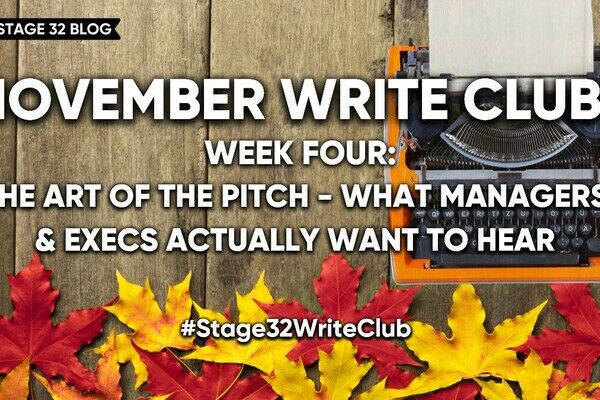
November Write Club Week 4: The Art of the Pitch- What Managers & Execs Actually Want to Hear
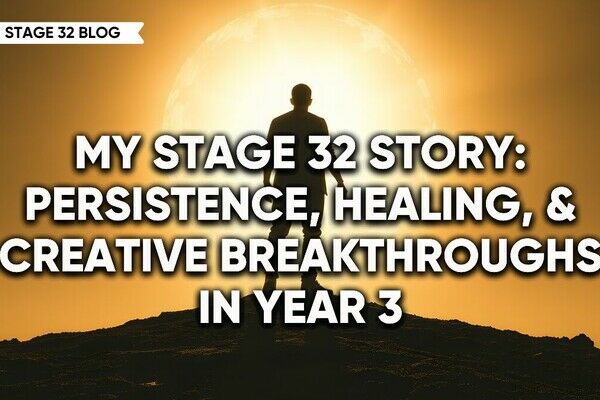
My Stage 32 Story: Persistence, Healing, & Creative Breakthroughs in Year 3
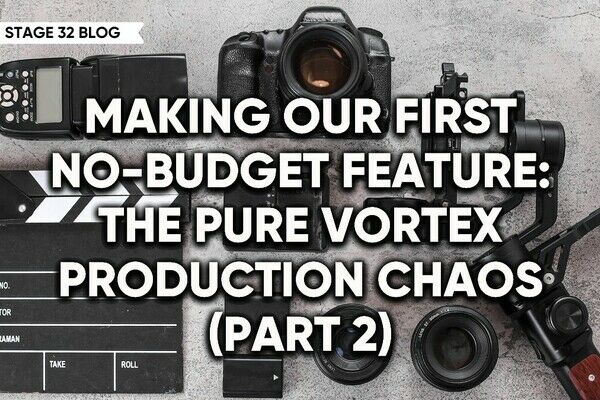
Making Our First No-Budget Feature: The Pure Vortex Production Chaos (Part 2)

Coffee & Content: Why Your Next Step Matters More Than the Perfect Step

7 Life Hacks For Creatives

Coffee & Content: The Genius of Weapons and How to Know When Your Script Is Ready
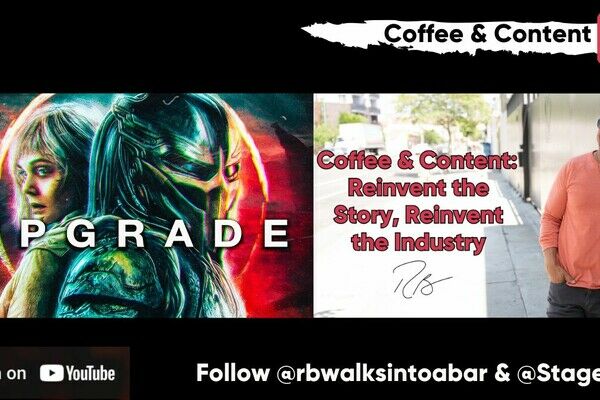
Coffee & Content: Reinvent the Story, Reinvent the Industry

What Stage 32's Community Is Really About (Beyond Scripts, Sets, and Showreels)

State of the Industry 2026 Now On-Demand: RB & Geoff Break Down What’s Next for Writers!
